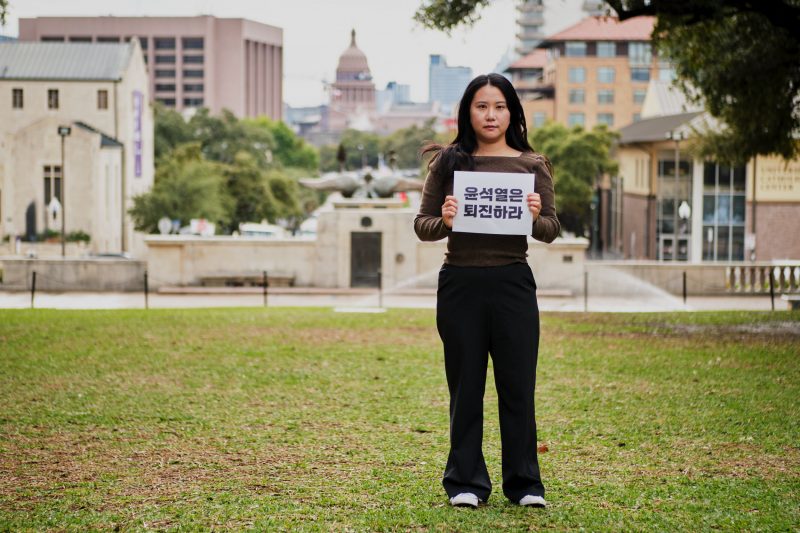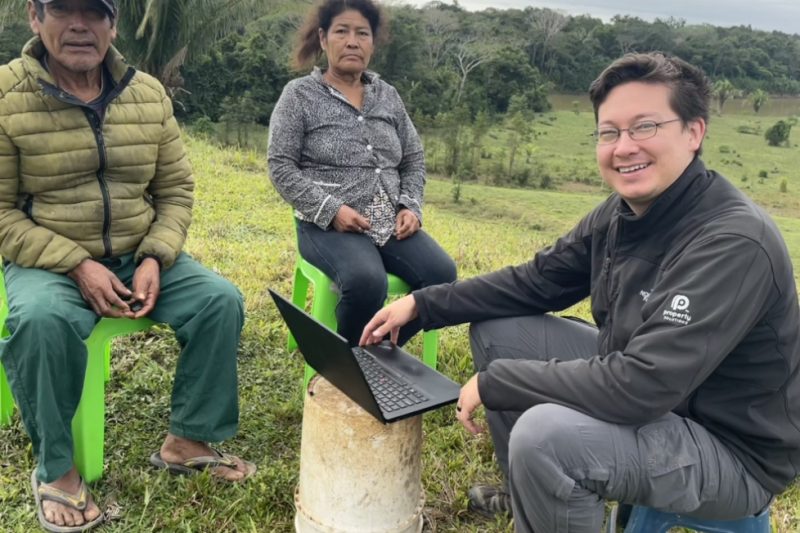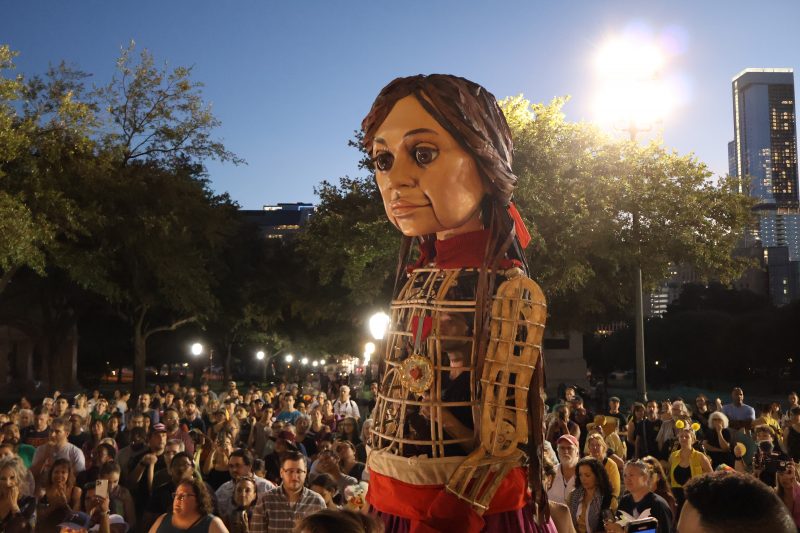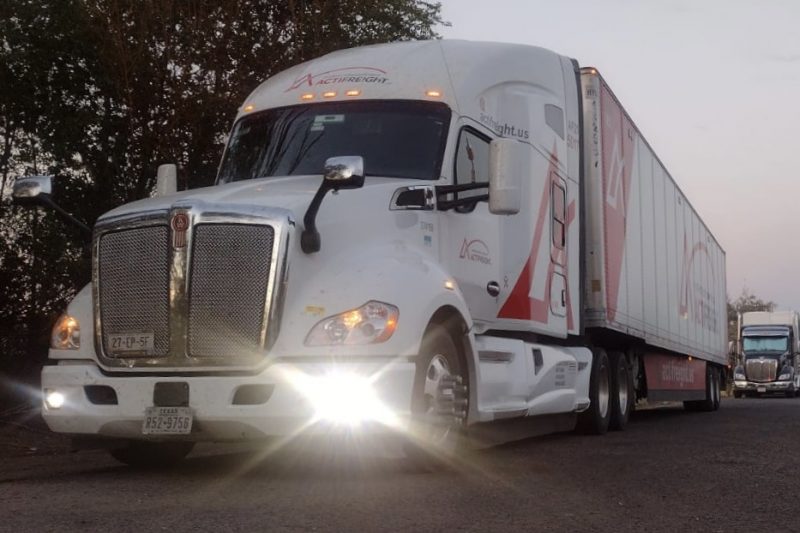


byShunya Carroll
Soo-Hee Kang has traveled 7,000 miles to media at the University of Texas school of radio, television and film. The distance made Kang feel hopeless when the president of South Korea placed her country under martial law.
“After the martial law ended,” Kang said, “I became very angry and felt like I had to do something — even from far away.”

byMichael Nolan
Nestled deep in the Amazon basin, a makeshift house sits alongside a rustic nut storage facility. Two of the occupants of this house in Peru’s remote Madre de Dios District might be the last chance of survival for the endangered language Iñapari.
Meanwhile, over 3,000 miles away, a doctoral student is huddled over his laptop at the University of Texas at Austin. Barrett Hamp, a UT doctoral student in linguistics, has dedicated his research since 2019 to recording the indigenous language in Peru to prevent it from disappearing. “Once a language is gone, it’s gone. There’s no reviving it,” Hamp said.

byIsabella McGovern
Children’s faces lit up as they looked up to the 12-foot puppet made of cane and carbon fiber with long brown hair made of Tyvek tied with a red string. Phones were raised in the air to capture the sight as “Little Amal” visited Austin for the first time to call attention to the plight of refugees around the world.
“She’s made larger than life so that people also can look up to refugees,” said a programming associate for The Walk Productions.

byAna Paola Davila Chalita
For Juan Martinez and his truck, a trip usually lasts from Monday to Saturday, starting in Mexico and going north into the United States before returning home. He is one of thousands of truck drivers from Mexico, taking jobs to haul freight across the border under a 1991 commercial trucking agreement between the United States and Mexico.
The opportunity of a higher salary is driving more Mexicans with a B1 visitor visa to a profession that is constantly struggling with a worker shortage.
But the industry still needs 78,000 drivers, “The price of everything we buy is going to go up,” said a manager for trucking company, “because it’s going to cost more to move it, because we have less drivers that want to move it.”